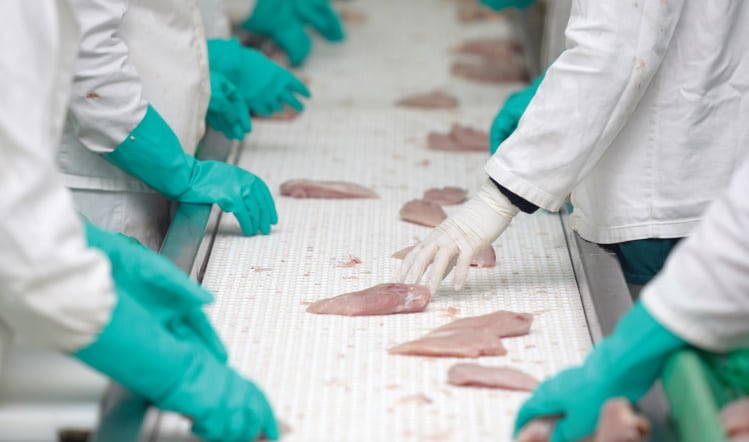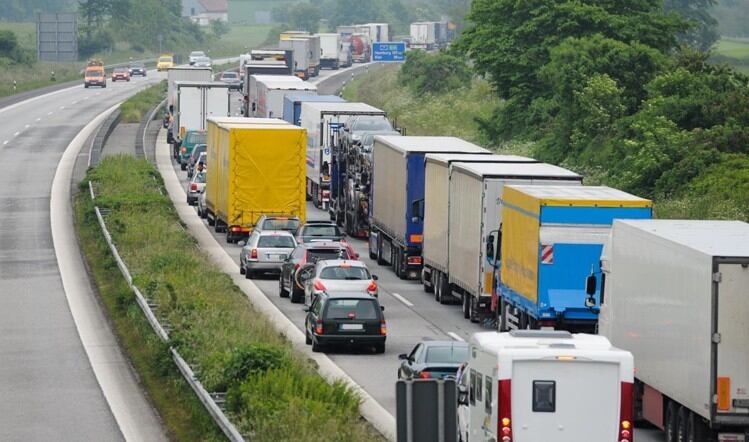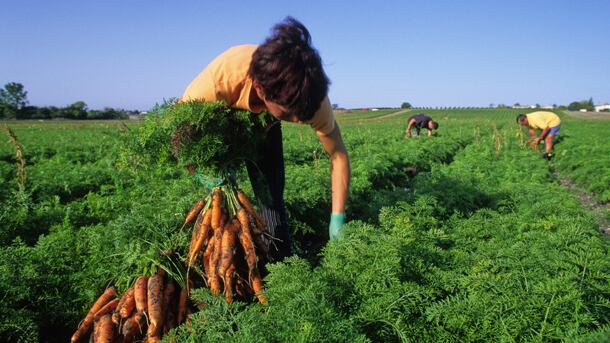Of the 99 respondents, 78% of business said they did not expect to have sufficient workers in 2021, while more than one third experienced chronic shortages – a quarter said they were in crisis and would rationalise/reduce their output.
A further 75% believed that – due to Government policy – the food supply chain would not have enough workers who want to fill food roles, which would force them to contract, close or (where feasible) relocate overseas.
As a result, 78% said they did not expect to meet client demands for the 2021 summer peak. About 66% expected their own business to struggle or be in crisis recruiting for lower skilled permanent and temporary workers.
‘Not enough workers’
David Camp, ALP Chief Executive said: “Food businesses have invested significantly in improving labour planning, recruitment and retention activities but there are just not enough workers.
“The government needs to immediately extend the T5 temporary seasonal worker visa to critical sectoral roles such as HGV drivers, meat and poultry processors and work collaboratively with industry on a coherent future workforce and skills strategy.”
Speaking to ITV News, British Meat Processors Association chief executive Nick Allen said he had been contacted by large business owners who claimed they were weeks away from a crisis, something he had never experienced in his time in the role.
Shortages to labour supply have already begun to impact the UK poultry industry, with the British Poultry Council (BPC) reporting a 10% decrease in throughput because of a shortage of workers across farming and processing.
‘Negligible appetite from UK workers’
BPC chief executive Richard Griffiths said: “We generally operate in areas of high local employment so there is a limit to availability of UK workers and there is negligible appetite from UK workers to move from other parts of the country.
“When it comes to non-UK labour – either from the EU or further afield – we have seen reducing numbers willing to come to the UK, the immigration barriers of salary and skill have been raised way beyond what we can manage, and the cost of bringing people is being prohibitive.”
The labour crisis has also affected the logistics sector, as driver shortages continue to plague food and drink supply chains.
The Road Haulage Association (RHA) has urged the Government to intervene to help resolve the significant and rapidly deteriorating shortage of HGV drivers in an open letter signed by members of the food and drink industry – including the Food and Drink Federation, The British Frozen Food Federation and the BMPA.
Five key factors
It laid the blame at the feet of five key factors: the COVID-19 pandemic; uncertainty in the wake of Brexit; retiring drivers; test shortages; and the introduction of IR35 – rules for off-payroll working.
Richard Burnett, chief executive of the RHA, said: “We are grateful to Ministers from the Departments for Transport, and Work and Pensions, who have met with us to discuss solutions, but it is clear, despite best intentions, that there is no immediate plan.
“We firmly believe that intervention from the Prime Minister/Cabinet Office is the only way that we will be able to avert critical supply chains failing at an unprecedented and unimaginable level. Supermarkets are already reporting that they are not receiving their expected food stocks and, as a result, there is considerable wastage.”





